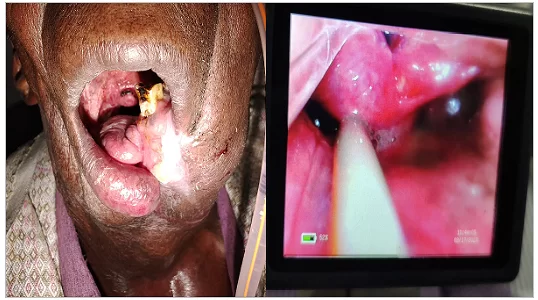Anaesthetic Services
Pre- Anaesthetic Services: Our team is intimated well in advance for when a patient is posted for a surgery. We conduct a thorough pre- anaesthetic evaluation and formulate a suitable plan of anaesthesia based on the condition of the patient. The various anaesthetic options available include, but are not limited to General anaesthesia, Neuraxial anaesthesia (spinal and epidural anaesthesia) and Regional blocks (nerve, plexus and fascial plane blocks).The entire process is greatly expedited in case of emergency surgery such as in trauma and caesarean section.
Intra-operative Care: We aim to provide a stable and safe surgical environment along with the surgical team. This is possible with the help of vigilant and sophisticated monitoring of the vital signs. In addition administer a carefully planned combination of drugs and nerve blocks to ensure that you do not have awareness or pain during surgery. In addition we used advanced monitoring using ultrasonography to do FAST scans in emergency, for assessment of fluid status, transthoracic ECHO, in case of difficult neuraxial anatomy and for securing vascular access and invasive blood pressure monitoring.
Post-operative Services:
Our care continues into the post- operative period to ensure a speedy and pain free recovery period. The regional blocks and epidural catheters are used in the post- operative period to provide good pain relief, with minimal adverse effects of pain medications. We also care for high risk post-operative patients in the ICU, ensuring physiotherapy and nutritional support to enhance recovery.
Critical care
The department also extends its services to the Adult Critical Care unit. Currently, RLJH is running 36 bedded state of the art, critical care unit which includes 3 isolation cubicles. The unit is well equipped to handle critically ill patients of all specialties. Facilities for invasive and non-invasive mechanical ventilation, invasive and non-invasive monitoring, in-house haemodialysis facility for 4 ICU beds are available. There is a facility for nurse call system and central monitoring system in the ICU. Initial assessment and re-assessment of critically ill patients with point of care Ultrasonography. Ultrasound guided central venous, arterial catheterization and regional nerve blocks are done in the unit. Other facilities in unit include ABG, portable x-ray, ECG, ECHO. Medical imaging and laboratory information can be digitally accessed using PACS (Picture Archiving Communication System) and LIS (Lab Information System). We are honoured to be a part of fighting the COVID 19 pandemic as this unit was dedicated to the care of critically ill COVID-19 patients and another 14 bedded non- COVID ICU was established for the other patients.
Pain and Palliative Care
Apart from catering to services in the OT & ICU, we also offer Pain & Palliative Care for in – patients. Labor analgesia for the parturient, epidural steroid injections for backache are provided. Ultrsonography or Fluoroscopy guided regional nerve blocks are provided for pain management. Transdermal opioid patches are also available for pain control. RLJH has a well-established oncosurgery team caring for a good number of cancer patients. We are also actively involved in cancer pain management, providing post- operative pain relief and palliative pain relief through enteral and parenteral opoids.
Cardio-pulmonary resuscitation
We are trained and active members of the code Blue team and are available 24x7 to resuscitate patients in the hospital. Two of our team members are AHA certified BLS/ACLS instructors and are actively involved in training the students. Our team members are involved in supervision and auditing of the code Blue process, ensuring participation at all levels.
- In the operation theatre, we have
- State-of-the-Art Anaesthesia work stations
- Paediatric and adult flexible fibre-optic bronchoscopes
- Video laryngoscopes
- Ultrasonography machine for peripheral nerve blocks
- Automated Gas Scavenging System
- Automated External defibrillators in all Operation Theatres and ICU
- In the ICU, we have
- Ventilators with newer modes of ventilation
- Blood Gas Analyser
- Haemodialysis in ICU
- High Flow Nasal Oxygen therapy (HFNO)
- Negative Pressure Isolation Cubicles
- Point of care ultrasonography in ICU

